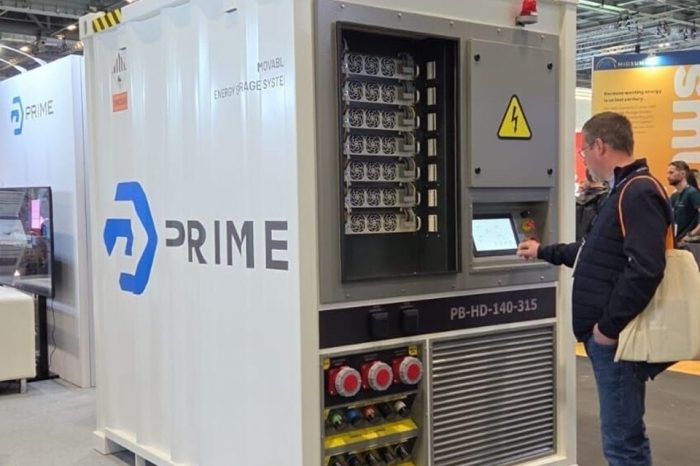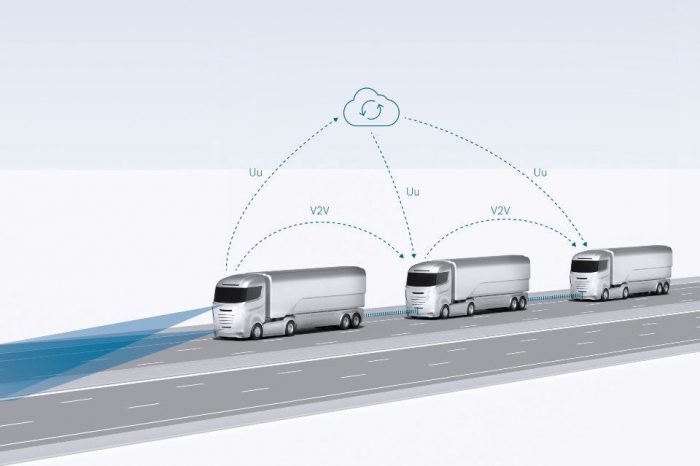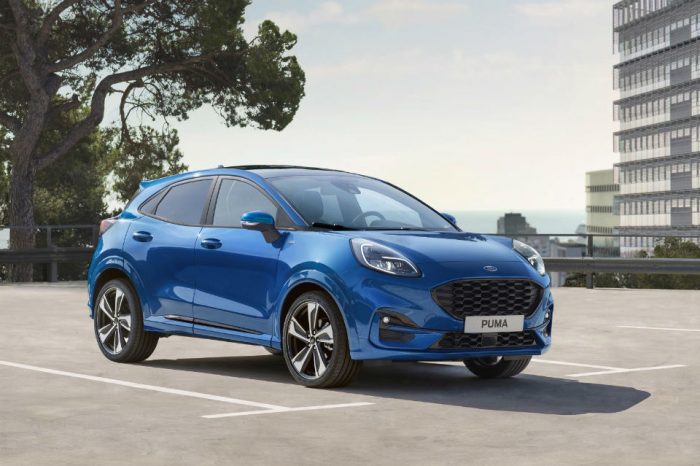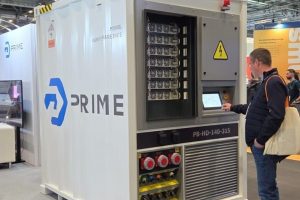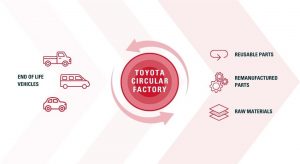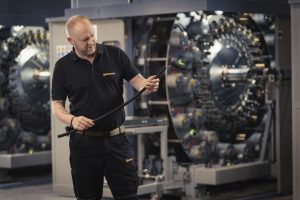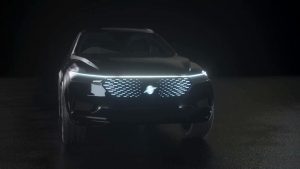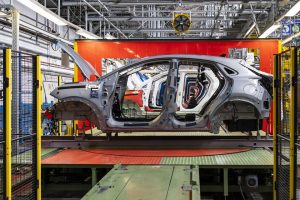Bosch to make range-boosting microchips for electric vehicles

German automotive supplier Robert Bosch is launching production of silicon carbide automotive chips, in a move to address the range anxiety that deters many drivers from switching to electric vehicles, Reuters reads.
Silicon carbide is more conductive than more widely-used silicon, making it possible for the chips that manage the motors in battery-powered vehicles to have higher switching frequencies and to throw off less heat.
“Silicon carbide semiconductors bring more power to electric vehicles. For motorists, this means a 6% increase in range,” Bosch board member Harald Kroeger said on Monday.
Bosch will make the silicon carbide chips at its existing plant in Reutlingen, near its Stuttgart headquarters, executives said at an event to update on progress in building a new, 1 billion euro ($1.1 billion), chip fabrication plant in Dresden.
The Dresden ‘fab’, Bosch’s largest single investment, seeks to build on its leadership in sensor chips used to ensure that smartphone screens show images the right way up, and to activate airbag- or automated braking systems in cars.
Bosch also wants to strengthen its position in so-called Application-Specific Integrated Circuits (ASICs) that decide how to act on sensor inputs; and in power electronics that manage everything from a car’s electric windows to its drivetrain.



